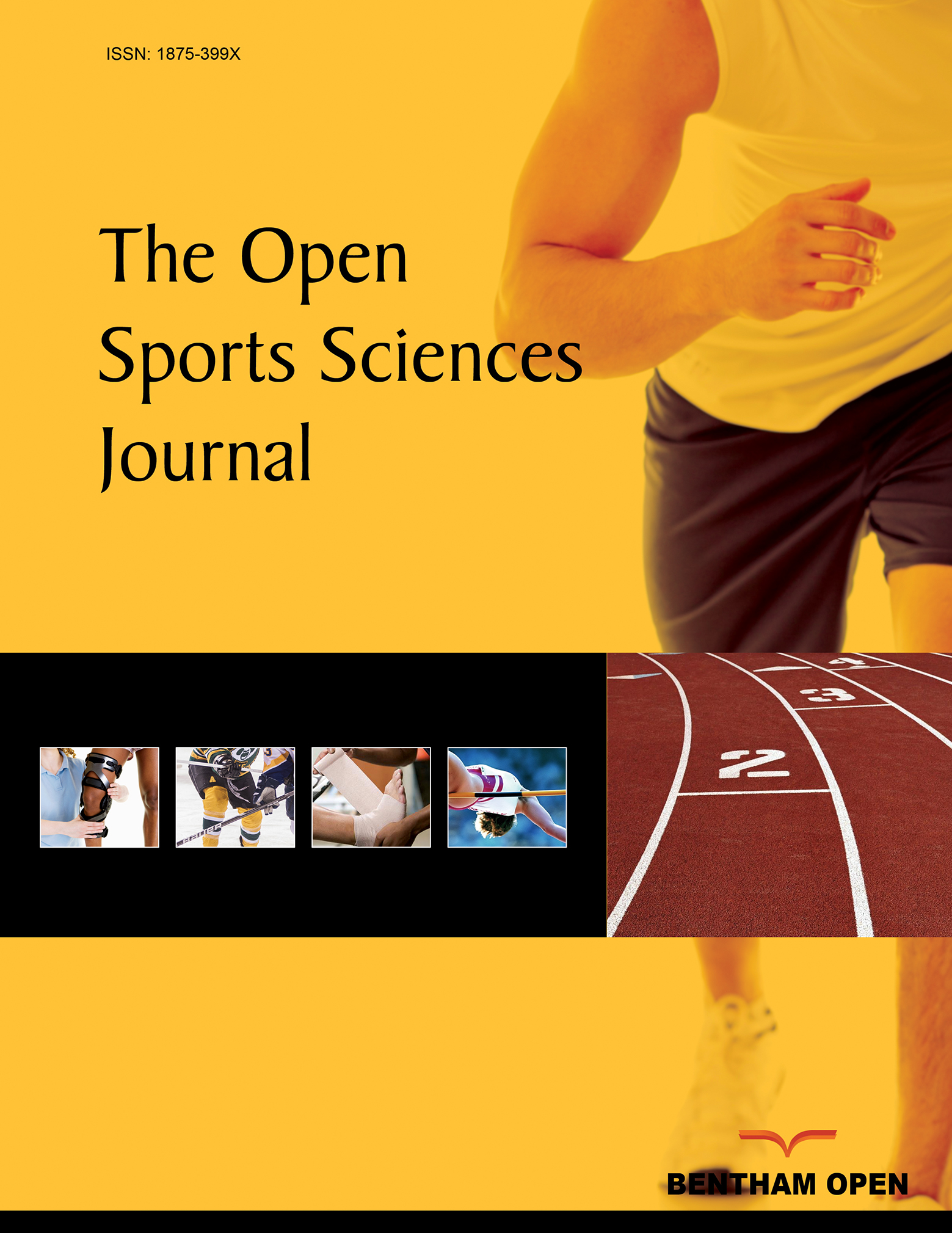All published articles of this journal are available on ScienceDirect.
Arresting a Struggling Subject; Does the Forthcoming Police Officers Physical Fitness have an Impact on the Outcome?
Abstract
Handling a struggling subject has been pointed out as one of the maximal physical exertions of police work. However, the relationship between general physical fitness and the ability to manage an intractable subject is only scarcely examined. Therefore, the main purpose of this study was to examine how general physical fitness correlates with the forthcoming police officers’ ability to handle in a simulated arrest handling test. Nineteen male police students voluntarily agreed to participate. Four physical tests were conducted (bench press, counter movement jump, hang ups and 3000 meter running test). Scores from these tests were converted into a physical test index (physical index). Further, a simulation of handling a struggling subject during arrest was conducted. The simulation contained two takedown tests and two self-defense tests. Scores from the arresting simulation tests were also aggregated in a performance score index (arrest index). Later, the two indexes were correlated. We found a large correlation 0.547 (p<0.05) between the physical index and the arrest index. We also found that age was largely and moderately correlated to the physical index (p<0.05) and the arrest index (p<0.1), respectively. Although the police officers handling of a struggling subject during arrest involves a skill component related to the executing of diverse impact methods, our findings clearly show that it is also about some form of physical capability. The present study therefore highlights the importance of physical fitness within the police force.


